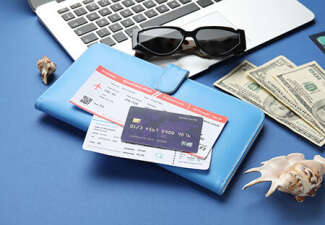The content on this page is accurate as of the posting date; however, some of the offers mentioned may have expired.
Every credit card holder should make wise decisions in the use of their credit cards, if they want rewarding experiences and do not want to fall into disastrous consequences.
Read on for the "Okays" when it comes to credit cards.
Do identify what you really need and resist buying anything that simply catches your eye. You should be very careful with the purchases you make so as to avoid future hassles and problems. It is important that you stay within thirty percent of the credit limit set by the card company. This will yield good results such as more ease in handling your balances, and a higher credit score. Higher credit scores, for your information, will reflect positively on your records and will get you certain benefits, such as more ease in getting loans and lower premiums in auto insurance.
Do pay on time. Creditors allow their consumers to pay a certain amount as a minimum, and this is fine if you have a regular type of card and if you want to pay lower interest rates. If, however, you have a reward or rebate type of credit card, it is best if you pay your balance in full, since such type of credit cards have higher interest rates.
You should also inform your creditor in the event that you are not able to make your payments on time. The right thing to do will be to call your creditor and tell him or her about this and request for the waiving of any fees that might be charged. Then, do your best to pay on time the succeeding fees.
Also, do get a copy of your annual credit report. It is free, and reviewing it will keep you informed and in line with your purchasing decisions.
On the other hand, you should not stick to paying the minimum payments. Doing so will only accumulate your debt and will make it more difficult to pay, as the ensuing amount will certainly be great. Only pay the minimum as a last resort.
Do not close credit cards that still contain balances and credit cards which constitute a large part of your credit report. This may drastically impact your credit score.
Avoid using your credit card to pay for regular everyday items such as food and clothing. Little things like these should be purchased with cash. As a rule, use credit cards only for major purchases and transactions such as mortgages and loans, and only as a last resort.






